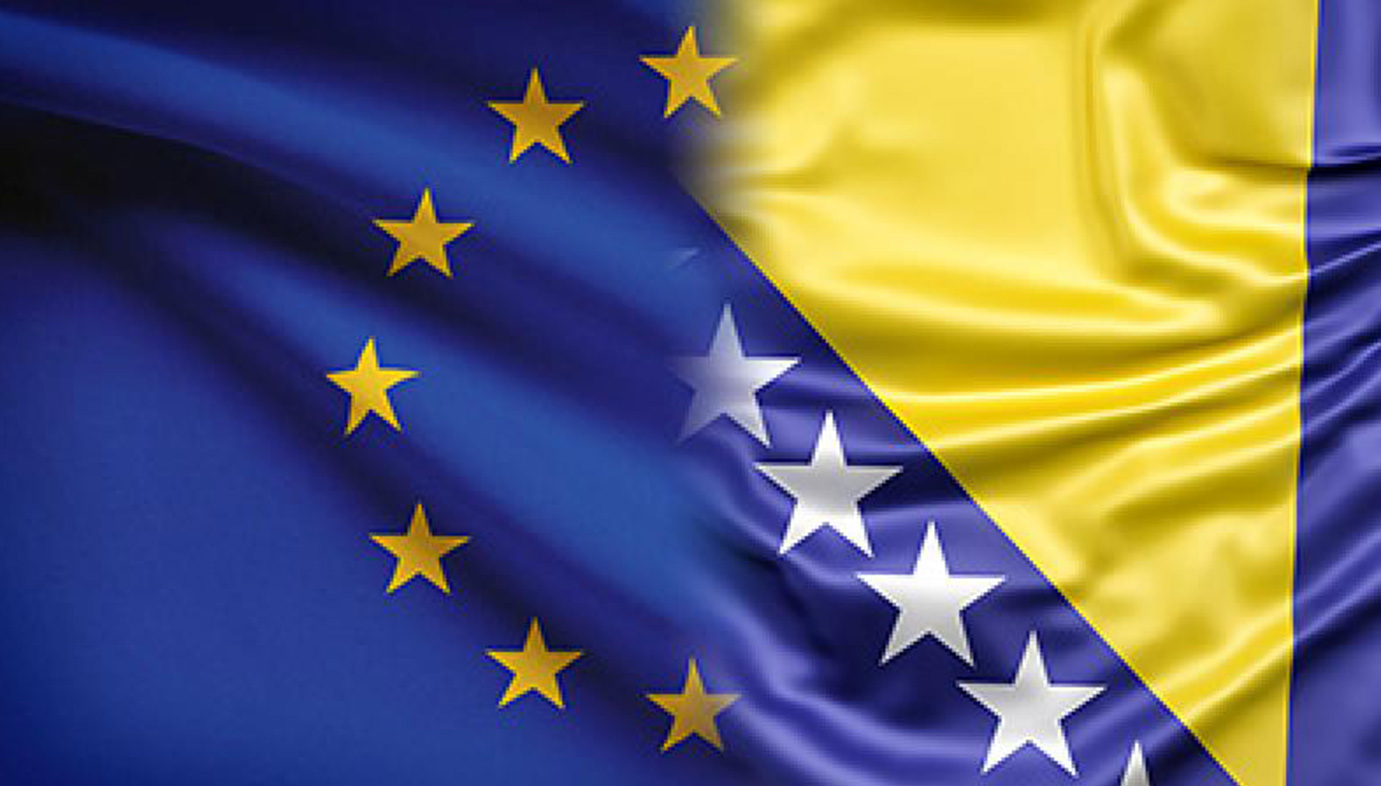

When it comes to EU enlargement, Bosnia and Herzegovina (BiH), as always, is a mixture of a last-minute fulfilment of requirements and hope things will improve. In a positive development prompted by the EU Council’s forthcoming meeting, the Council of Ministers of Bosnia and Herzegovina adopted the Law on Border Control and the Law on Personal Data Protection, which had previously been blocked for months, at an extraordinary session on December 17. Also, the country ratified an agreement with European Union's border agency Frontex on December 18, paving a way to full collaboration.
In the EC Conclusions, BiH received substantial attention in 2024, with wording spread across 16 points. The General Secretariat of the Council (GSC) noted a number of internal political challenges BiH is facing, rather than focusing solely on its technical progress on the European path. Namely, in several instances the Conclusions reiterate the EU Council’s full support for BiH’s territorial integrity, sovereignty and unity, while calling upon respect for principles of equality and non-discrimination of all its citizens (point 67). This is in response to Republika Srpska political leadership’s secessionist rhetoric continuing in 2024 and questioning of the country’s constitutional order, alongside legislation that is against the country’s alignment with the EU (point 68). The Conclusions are clear that only a united BiH can hope for an EU future.
Interestingly, positive wording has been used about the management of local elections in 2024, albeit coupled with a recommendation for further constitutional and electoral reforms to ensure equality and non-discrimination of all citizens (point 66). While explicitly calling for implementation of the Sejdić-Finci case law, the Council also refers to other Constitutional Court decisions that are yet to be fully enforced. This could be a reference to the changes of electoral legislation demanded by the BiH Croat political leadership, which remains highly contested. However, the reference to constitutional and electoral reforms should be interpreted against the general tone of the Conclusions, which affirm the country as a whole.
The second major concern highlighted in several points is a sluggish and delayed reform process, which blocks access to support through implementation of the Growth Plan (GP) facility and access to IPA III resources. The latter is conditional on the appointment of a chief negotiator and a national IPA coordinator, as well as development of a national programme for the adoption of the EU acquis. BiH is the only WB6 country that failed to submit its Reform Agenda, blocking access to payment under the Reform and Growth Facility, which the country desperately needs. Both key actions are impeded by political deadlock, which again shows an immature and lacklustre attitude towards the EU integrations and the future of BiH. The Conclusions also urge the leadership to adopt and ratify mobility agreements under the Common Regional Market Facility of the Berlin Process and notes that the 14 key priorities set out by the Council in 2019 are far from being fulfilled.
The Conclusions note that BiH made limited progress in the area of fundamental rights, as well as in the fight against corruption and organised crime. Several actions are still pending implementation, namely laws on the prevention of conflict of interest, on anti-money laundering and combating the financing of terrorism. The absence of these laws acts a direct enabler of political forces responsible for the slow reforms and for capturing the country’s European path and the Council underlines the need to strengthen the rule of law.
BiH is still an international protectorate, with an EU accession path seen as a concrete step to help overcome legacies on the most recent war. However, the Council’ support for the mission of the High Representative and his Office stated in the conclusions falls a bit flat amidst his continued questionable performance in 2024, although the issue of fulfilling 5+2 agenda cannot be understated. Renewed mandate of EUFOR Althea has been welcomed.
BiH’s full alignment with EU CFSP has been noted as positive, but the final concern refers to little progress in the fields of fundamental rights, freedom of expression and media and the protection of journalists. In short, the EU door seems to be open for BiH, but the level of the demands and chartered deliverables long before the negotiation process even starts makes the EU accession progress seem impossible. It would be more beneficial to find ways for BiH to swiftly fulfil the technical requirements of the EU accession process, and bypass further obstructions by political elites, blinded by self-interest.